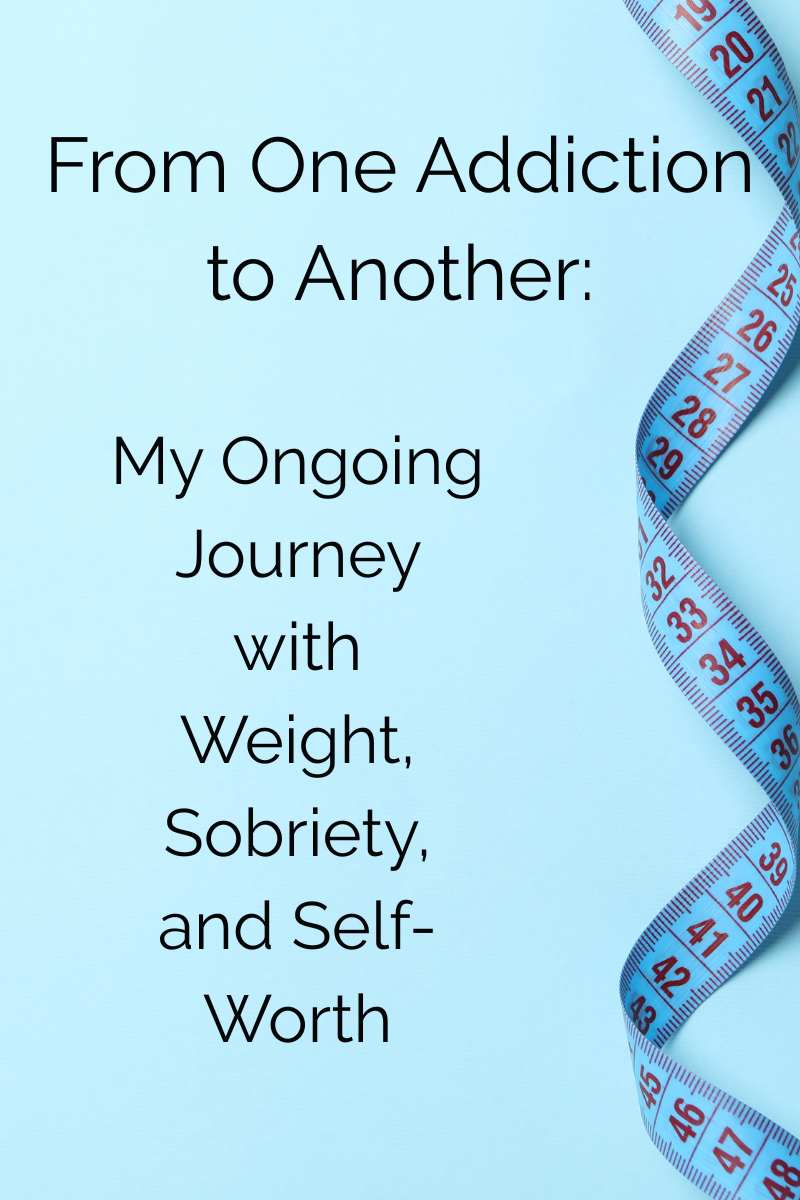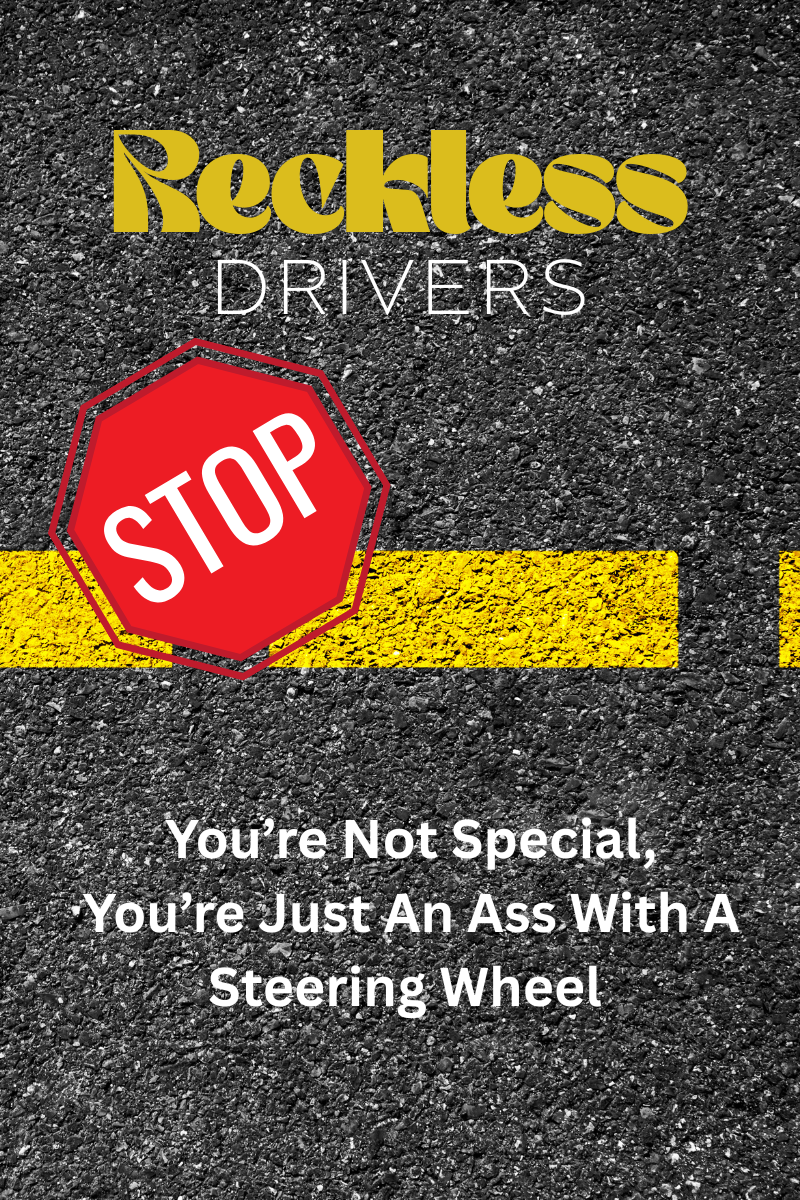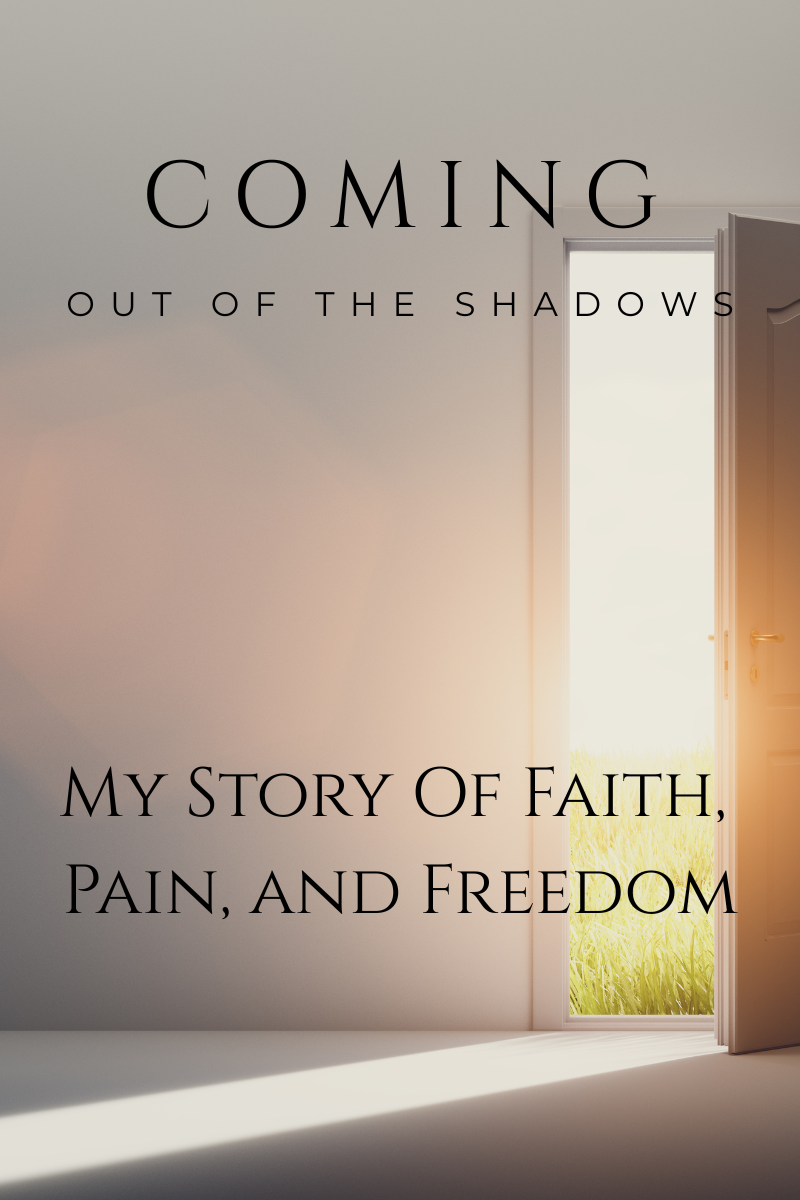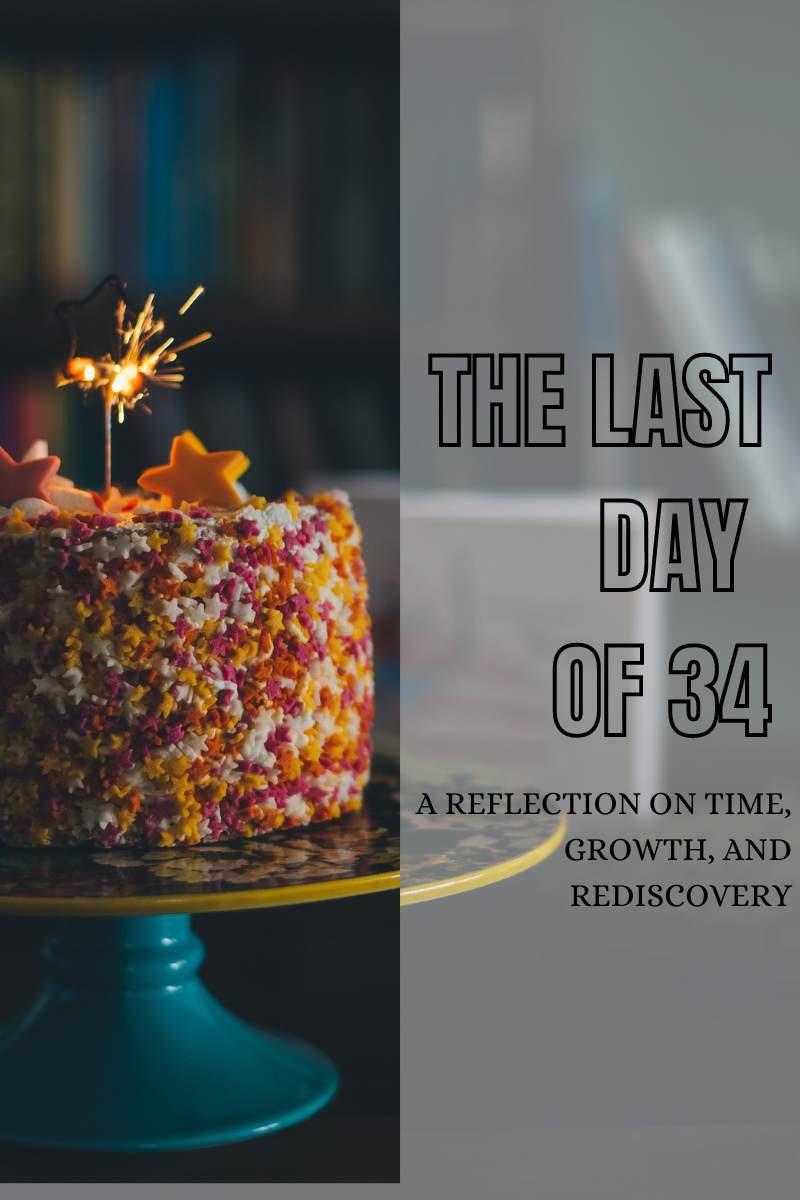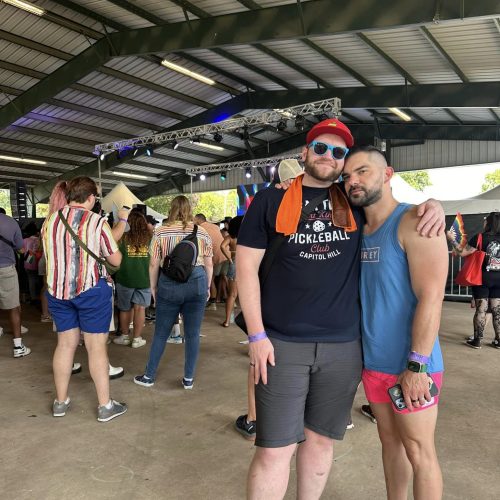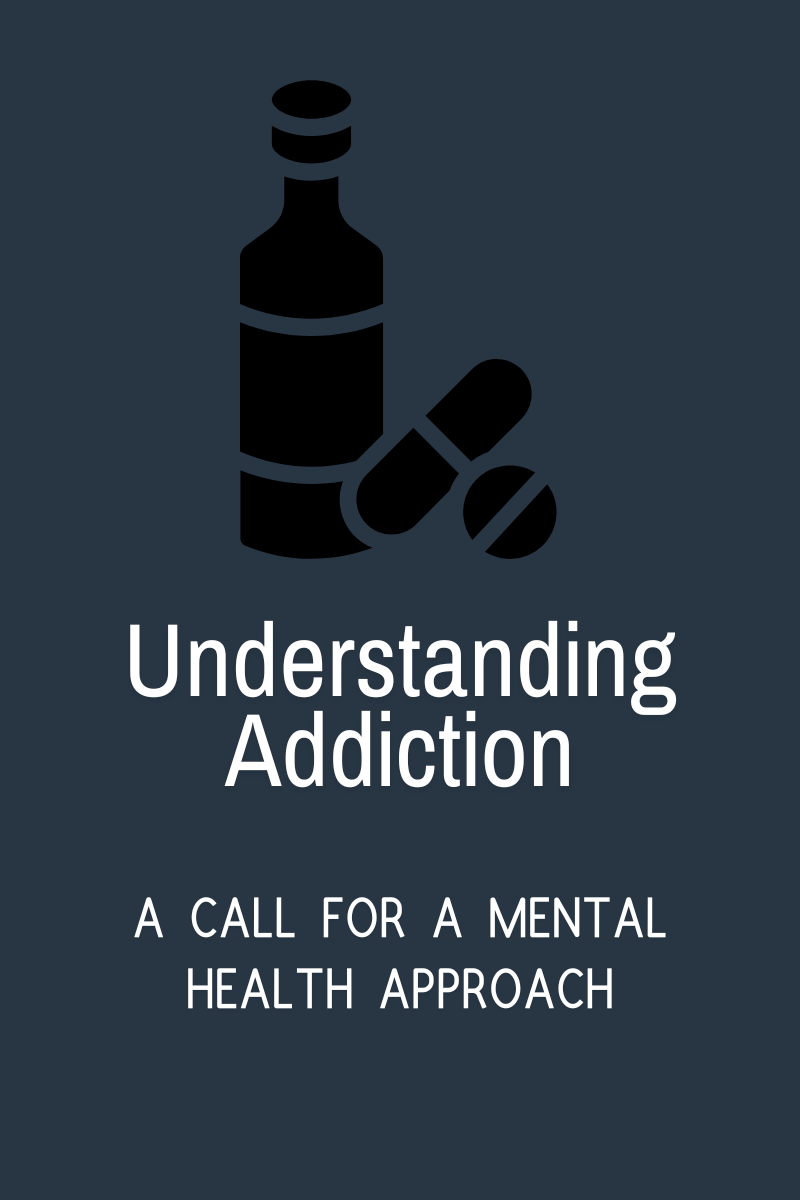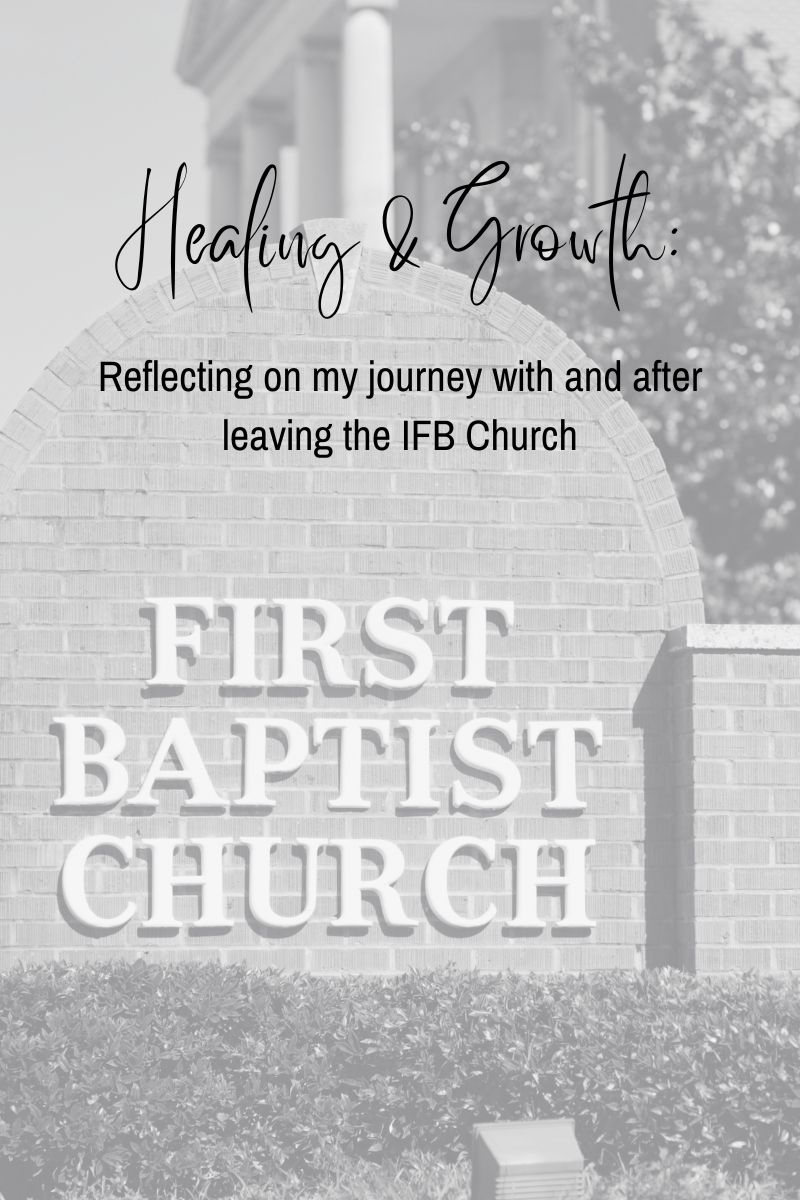At my heaviest, I weighed 405 pounds. That number feels almost unreal to write now, but I remember exactly what it felt like to live in that body. The physical pain, the emotional burden, the shame that followed me into every room. In 2018, I made a life-changing decision and underwent gastric bypass surgery. It wasn’t an easy choice, but it was a necessary one. The weight came off—fast. I lost 225 pounds, and for the first time in a long time, I could breathe again. I could move again. I could live again.
But the thing about addiction is that it doesn’t just disappear when the source changes. I had spent most of my life using food as a crutch, a comfort, a way to silence the noise in my head and fill the emptiness in my heart. Once I couldn’t turn to food anymore, I turned to something else—alcohol.
What started as a casual drink here and there quickly spiraled into something darker. Between 2020 and 2021, I was in and out of rehab seven times. Each time, I walked in hoping this would be the one that stuck. Each time, I left with more insight but also more fear. Why couldn’t I get this under control? Why did I keep replacing one form of self-destruction with another?
In the midst of all this chaos, I made another major change: I moved from Delaware to Texas. I wanted a fresh start, and to some degree, I got one. The distance helped, but it didn’t cure me. That work—the deep, gut-wrenching, soul-searching work—had to come from within. And it took me a long time to even begin to face it.
Since that move in 2021, I’ve gained 75 pounds. That part’s hard to admit. After everything I’d gone through, the surgery, the recovery, the battles with addiction, I felt like I was slipping again. Slowly. Quietly. But this time, I caught it. I didn’t wait until I was completely buried in shame and old habits. I saw the warning signs, and I decided I wasn’t going back. Not all the way.
Now, I’m on a mission to lose 50 pounds—not just for my physical health, but for my mental and emotional wellbeing. Not for some number on the scale or to fit into clothes from a certain store. But to reclaim my sense of power. To prove to myself that I can keep showing up for me, even when it’s hard. Especially when it’s hard.
I’ve learned some hard truths along the way. Like how addiction can morph, how trauma doesn’t vanish with weight loss, and how recovery is never a straight line. I’ve also learned that grace matters more than perfection. That falling down doesn’t mean failure. And that telling the truth—about our pain, our choices, our dreams—is one of the bravest things we can do.
So here I am, once again at the starting line of a personal transformation. But this time, I’m not doing it in secret. I’m not carrying the shame alone. I’m putting it out there in the open, because I know I’m not the only one. Maybe you’ve gained some weight back. Maybe you’ve battled one addiction only to find another. Maybe you’ve moved halfway across the country searching for healing. Maybe, like me, you’re just trying to feel whole again.
This isn’t the end of my story. It’s not even a new beginning. It’s just the next chapter in a life that’s already been through a lot—and still keeps going. I’m learning to love the person I am while working on the person I want to be. And for the first time in a long time, I believe I can do both.
Thanks for reading. If you’re on a similar path, know that I see you. You’re not alone. Let’s keep going—one step, one meal, one day at a time.
